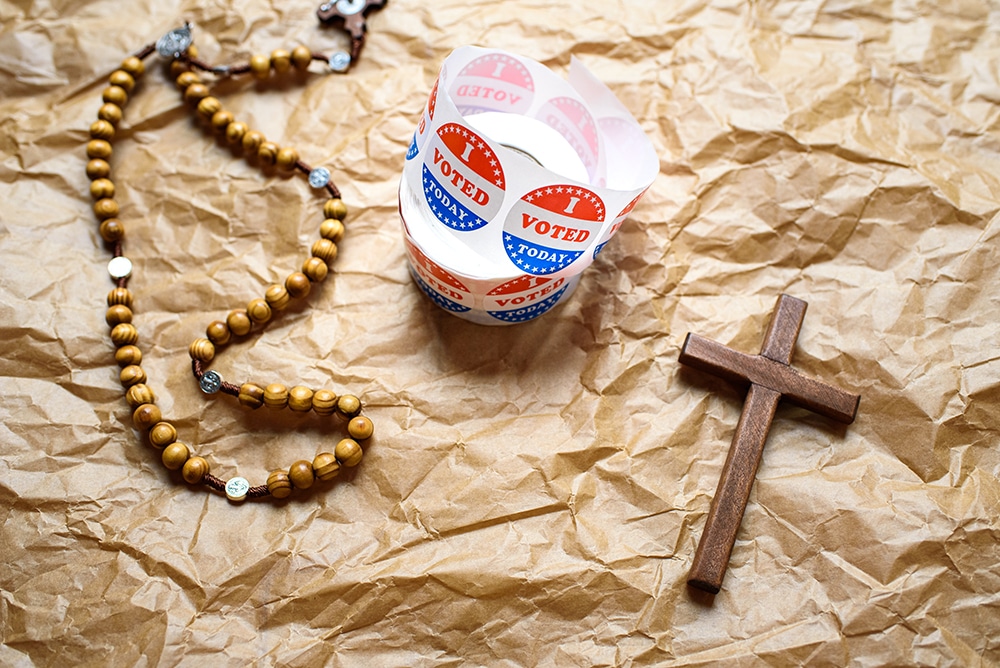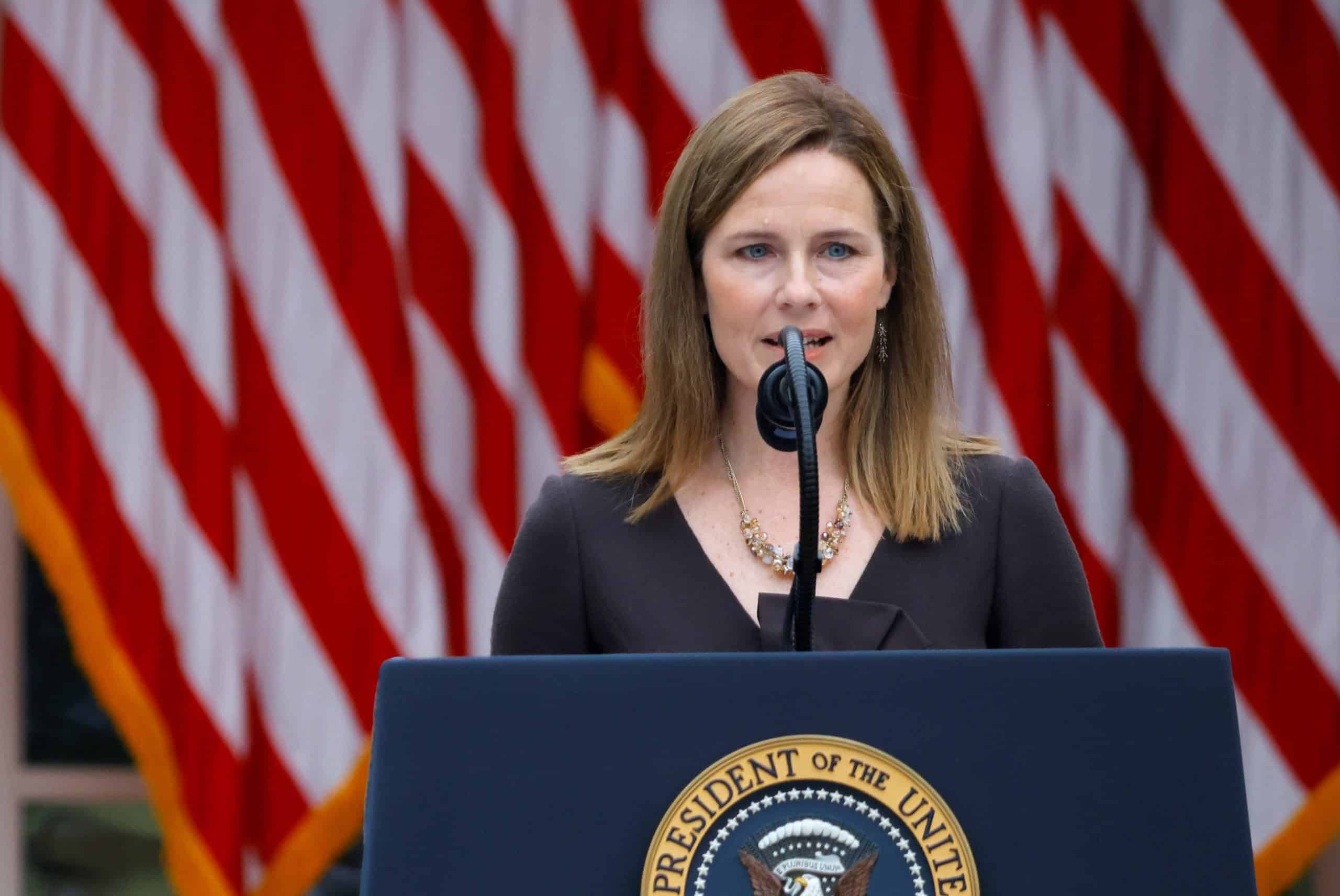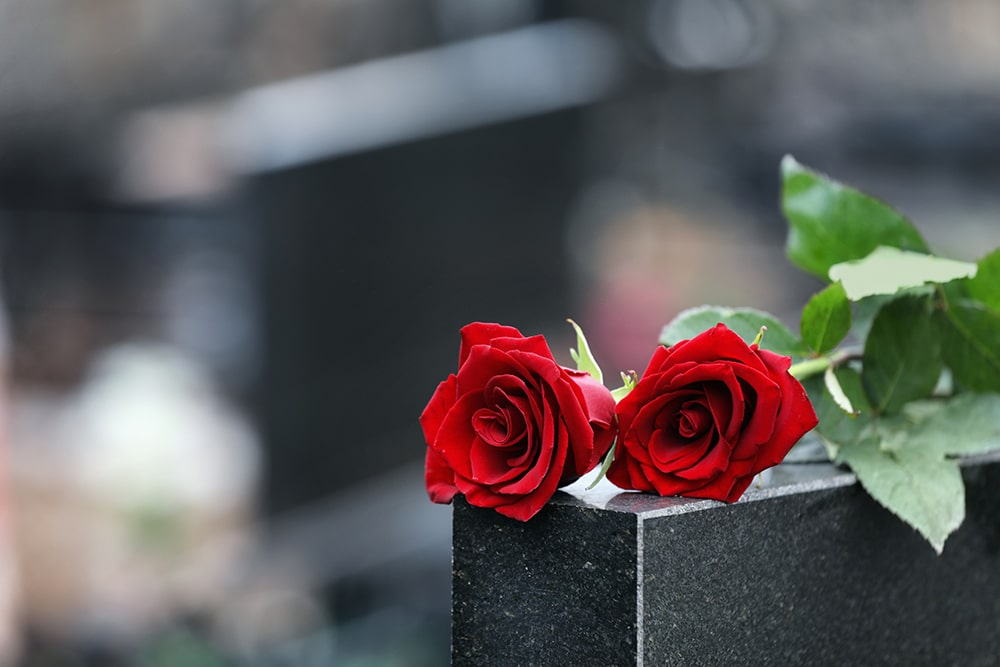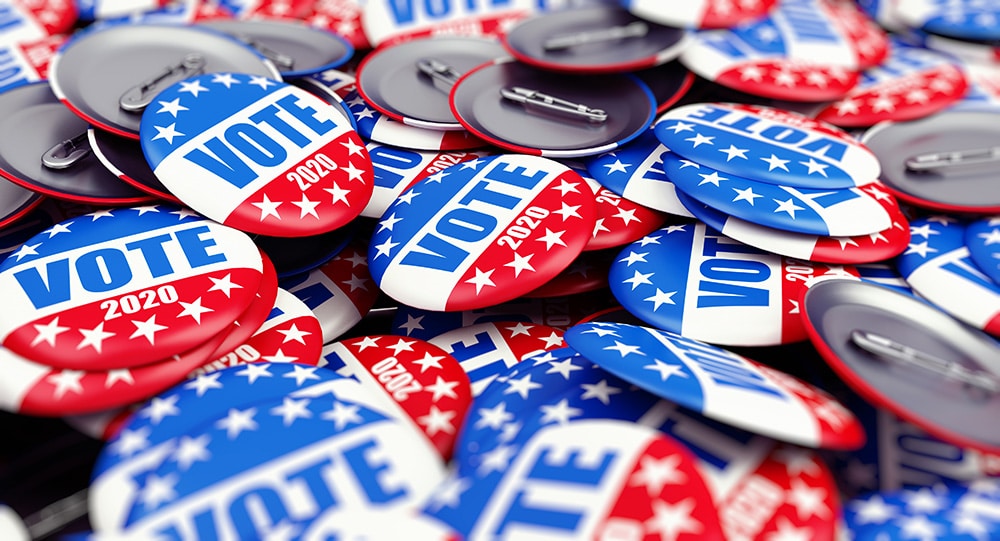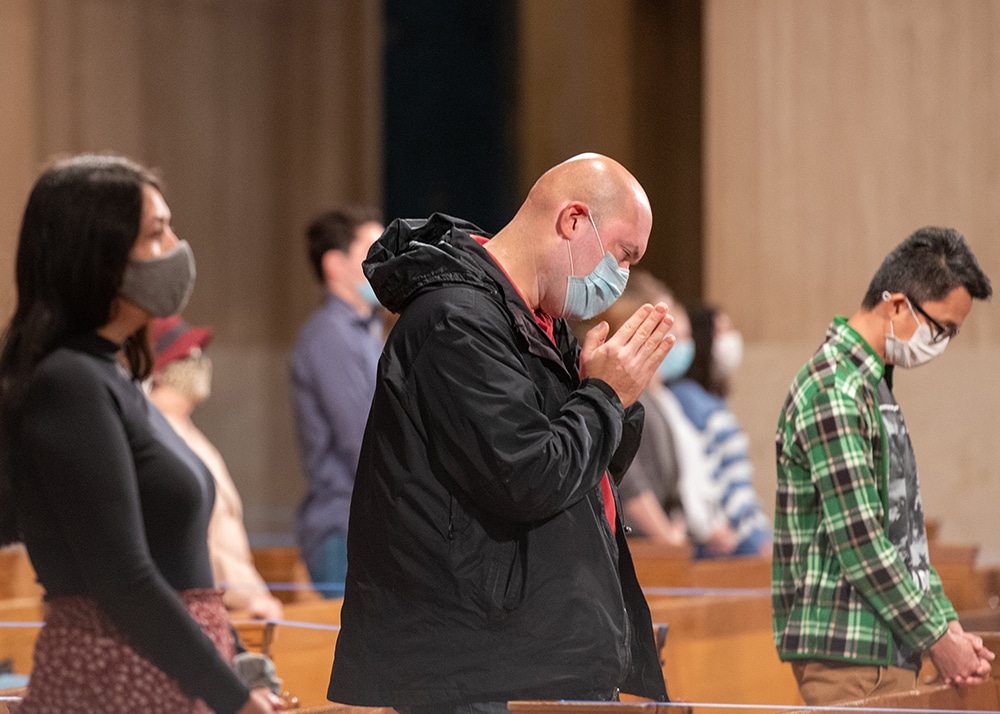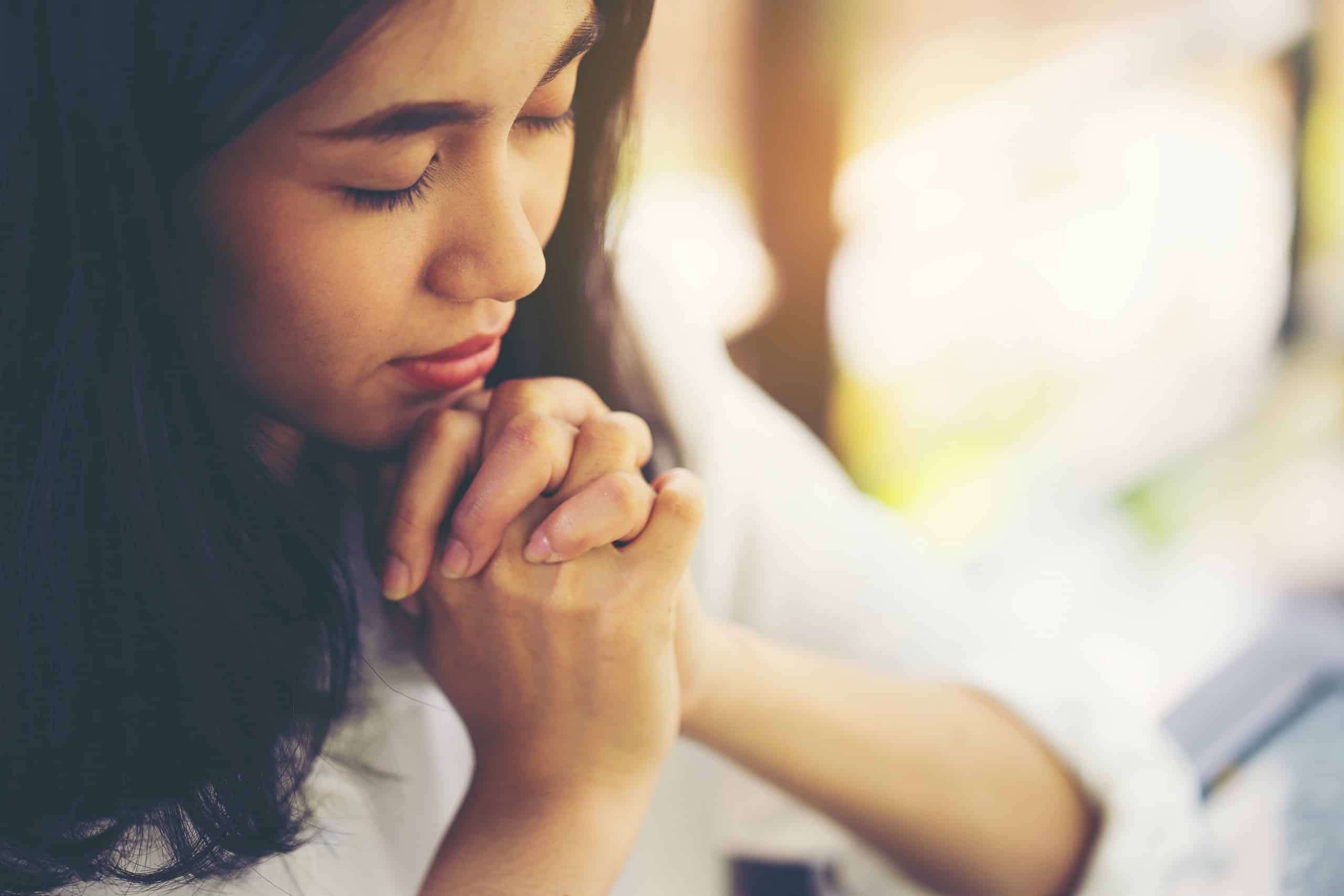Before Sept. 18, few people were looking forward to the final six weeks of the presidential campaign. But following the death of Supreme Court Justice Ruth Bader Ginsburg, we are all fastening our figurative seat belts for what is guaranteed to be a wild race to the finish — and even beyond.
With a seat on the Supreme Court at stake, what already promised to be a heated finale is now a blazing inferno. Catholics are hardly immune to this escalation, as we are experiencing extreme political rhetoric in the news, on social media and even from some in leadership positions within the Church.
We are all feeling (extreme) election fatigue, frustration or the desire to withdraw from the political scene altogether. We may be anxious about who should, or shouldn’t, receive our vote, the method of casting our ballot and the potential state of our nation in the fall and winter months. In the weeks before a presidential election, it can feel as if everything is on the line.
And so, without minimizing the importance of the election or its potential political fallout, we believe it is important to offer a perspective of faith and to consider the question: What truly will bring about lasting change for our country following this election?
As people of faith, we know that the answer is not contingent upon any particular political party or any particular Supreme Court nominee, important as issues and justices may be. The answer, rather, lies in our own conviction as people of faith that “God so loved the world that he gave his only Son, so that everyone who believes in him might not perish but might have eternal life” (Jn 3:16). And it lies in our ability to respond to this belief in our everyday manner of living.
This, first and foremost, concerns worship — a sensitive subject in recent months, as the coronavirus pandemic has affected the ability of every Catholic in the United States to worship as before. In the spring, bishops in the United States chose to close churches and dispense of the Sunday obligation to attend Mass, doing their part to love one’s neighbor and stop the spread of COVID-19. In response, many dioceses and parishes began to livestream Masses, and some continue to do so today.
As time has passed, scientists have learned more about the disease, how it is spread and what each one of us can do to mitigate risks. Some dioceses have determined that the steps they have taken to improve safety for those gathering in community now warrant the lifting of the dispensation of the obligation to worship at Sunday Mass for Catholics in those jurisdictions. As always, a general dispensation remains in place for the sick. During this time of pandemic, the obligation also generally remains lifted for vulnerable populations or for those who have a particular fear of contracting the virus. Whether you have discerned a return to public worship, or if you continue to observe Sundays via livestream or another method of prayer at home, worship remains critical to how we live out our calling as missionary disciples of Christ.
The Church’s tradition of lex orandi, lex credendi reminds us that “prayer and worship is the first articulation of the faith,” wrote then-Father (now Monsignor) Rick Hilgartner for the U.S. bishops in 2009. “The liturgy engages belief in a way that simply thinking about God or studying the faith does not naturally do. In other words, in an act of worship, the faithful are in dialogue with God and are engaged in an active and personal relationship with Jesus Christ, and every individual member of the liturgical assembly is connected to one another as members of the mystical Body of Christ in the Holy Spirit, as they look together with hope for the salvation promised in the Kingdom of Heaven.”
To that maxim, many would add lex vivendi — the living out of the faith that, through worship, we have just proclaimed. In this way, we will be able to transform ourselves and, in turn, to transform the world — more effectively than we ever could through a trip to the ballot box.
Elections come, and elections go. Leadership changes, and political battles ebb and flow. We should not ignore this, nor should we be indifferent. But politics is not the center of our lives. For that, we have Jesus Christ.
Our Sunday Visitor Editorial Board: Gretchen R. Crowe, Scott P. Richert, Scott Warden, York Young

